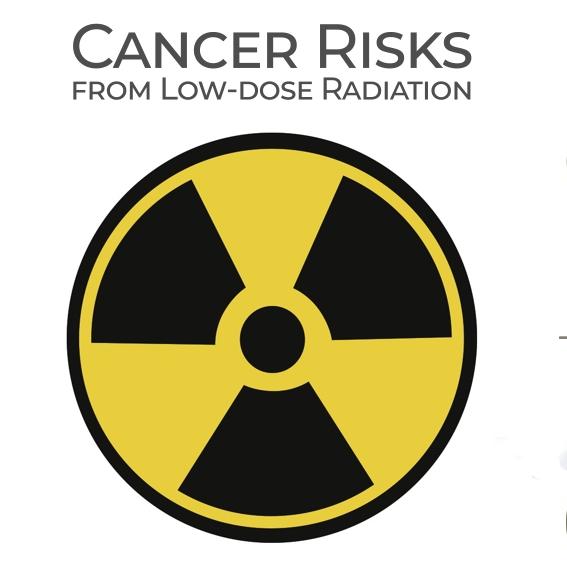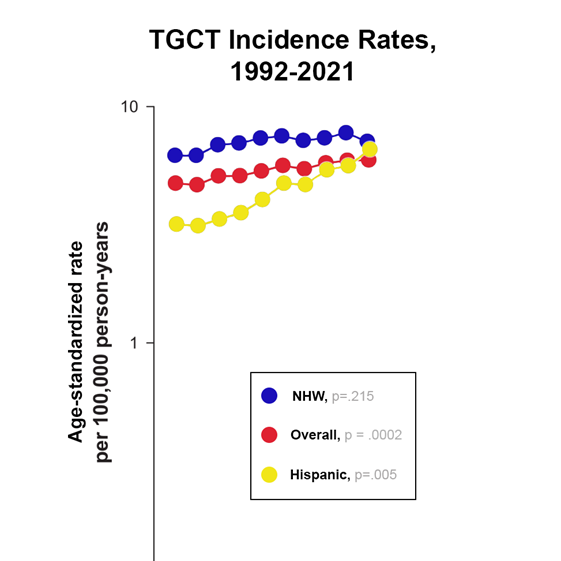What We Study
DCEG research covers a range of exposures and risk factors for cancer, giving priority to emergent issues identified through epidemiologic, clinical, and laboratory observations, as well as public health concerns. Major fields of study include:
Environmental and Occupational Exposures
-
 Air Pollutants
Air PollutantsStudies that investigate cancer risk from air pollutants
-
 Drinking Water Contaminants
Drinking Water ContaminantsDCEG studies of water contaminants and cancer risk.
-
 Emissions from Industrial Sources
Emissions from Industrial SourcesOngoing efforts to examine emissions from industrial sources, verify proximity-based emission exposure metrics, and evaluate their associations with non-Hodgkin lymphoma and other cancers
-
 Occupational Exposures
Occupational ExposuresStudies that identify and evaluate environmental and workplace exposures that may be associated with cancer risk
-
 Ionizing Radiation
Ionizing RadiationOverview of DCEG's program of radiation studies
Health and Medical History Factors
-
Endogenous Hormones and Other Biomarkers
Studies that investigate how the body’s own hormone production may be related to risk for a variety of cancers.
-
Immunologic Factors
Study of the role of the immune system in cancer etiology
-
Infectious Agents
The study of selected populations to clarify the relationship of infectious agents, especially viruses, to human cancer and other conditions.
-
Medical Radiation Exposures
Diagnostic, treatment, and late effects of radiotherapy, chemotherapy
-
Pharmaceutical Agents and Exogenous Hormones
Studies of how pharmaceutical agents and exogenous hormones increase or descrease cancer risk
-
Psychosocial Effects of Cancer Predisposition Syndromes
Studies to identify best practices to counsel and care for at-risk individuals and families
-
Reproductive Factors
Studies of how parity, infertility, age at menarche and menopause and other factors influence risk of hormone-related cancers.
-
Second Primary Cancers
Studies of risks for new malignancies among survivors
Lifestyle Factors
-
Studies of Alcohol and Cancer
Study of the relationship between alcohol consumption and cancer risk.
-
Diet, Micronutrients, and Supplements
Analyses consider whole foods consumed and chemicals formed through cooking methods.
-
Energy Balance and Obesity
Studies of the relationship between height, weight, body-mass index, and waist circumference and the risk of cancer
-
Physical Activity Research Overview
Studies of how leisure-time physical activity and exercise can reduce cancer risk.
-
Tobacco-related Studies
Studies of tobacco as a risk factor for cancer - including cigarette components and other tobacco products, and usage patterns over time.
Genetics
-
Genetic and Molecular Studies in Radiation
DCEG strives to understand the interplay of molecular and genetic effects and radiation on cancer etiology.
-
Genetic Susceptibility
Common and uncommon inherited variations in the genetic code that are associated with increased risk of cancer
-
Individuals and Families with Hereditary Cancer Syndromes
DCEG studies of cancer among families in which disease occurs at a higher rate than in the general population
-
Telomere Molecular Epidemiology
Studies of telomere length as a cancer risk factor.

